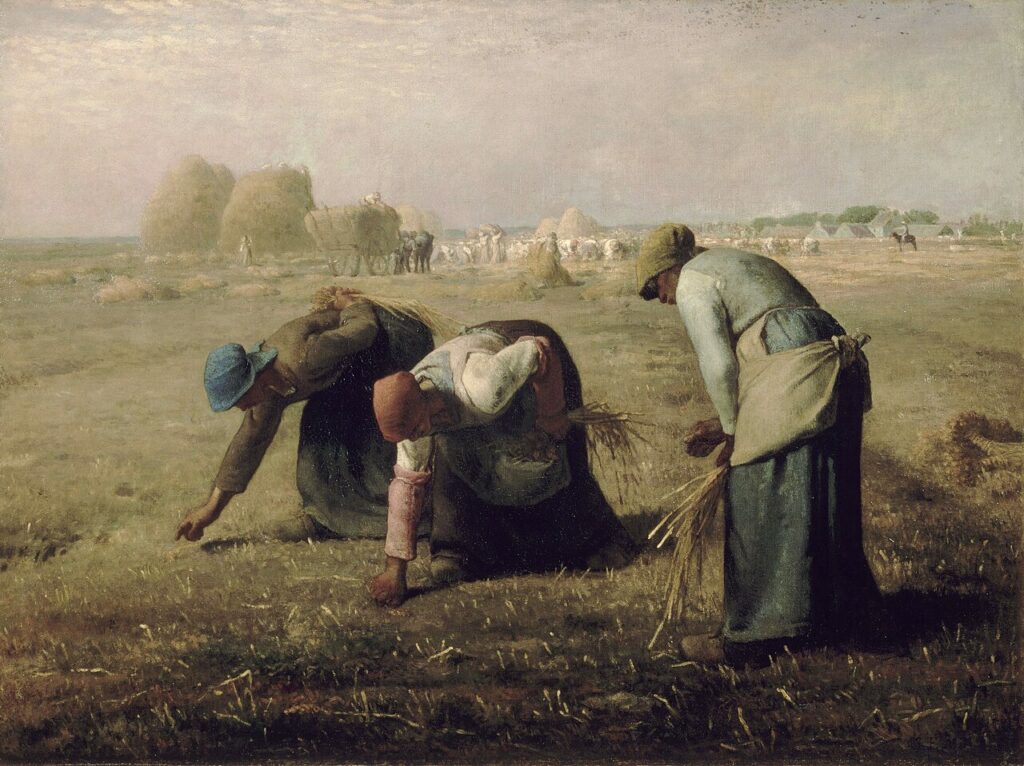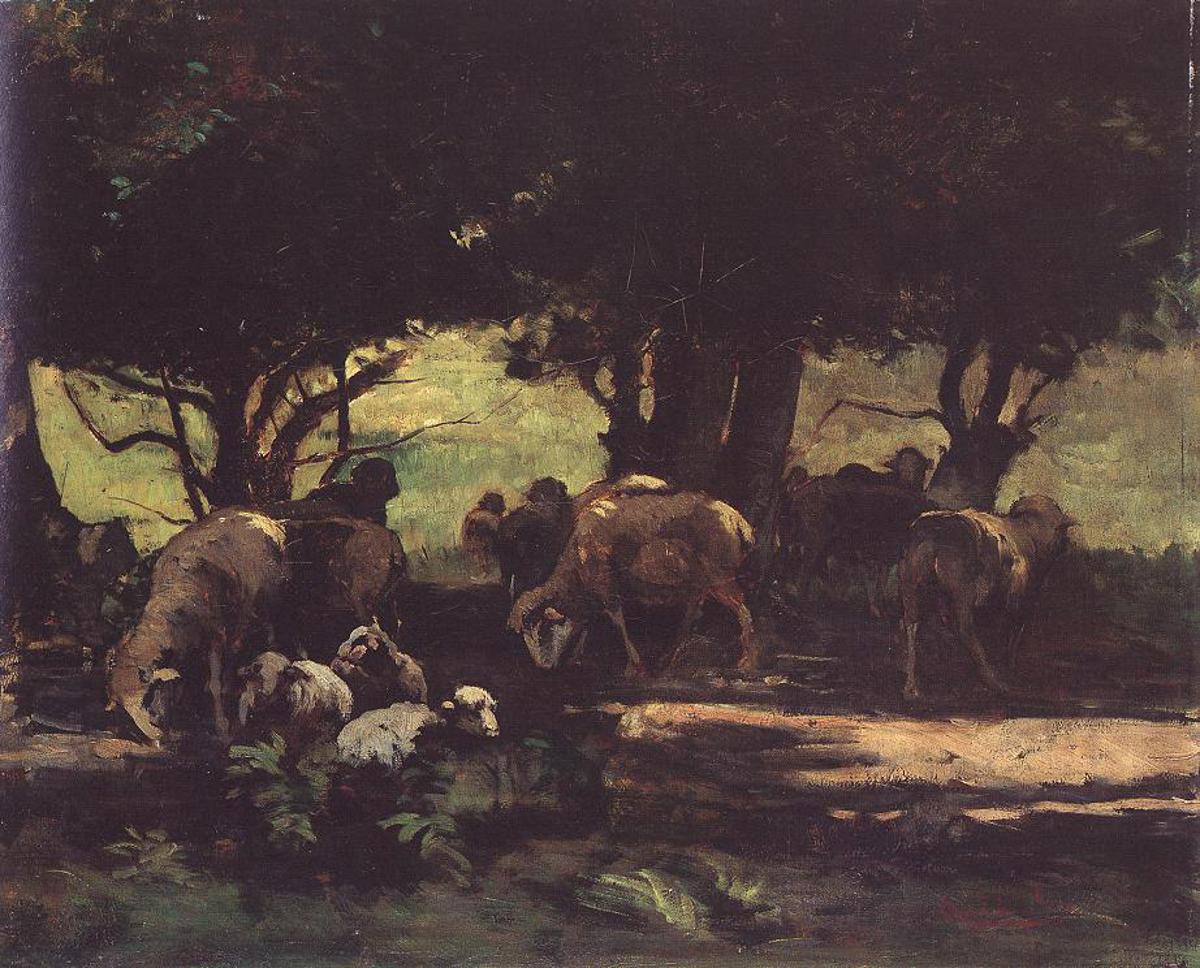In the Letter to the Colossians, Paul speaks of a mystery hidden from the ages and now made manifest: Christ in you, the hope of glory (Col. 1:27).
I. The Fulfilment of the Body
The phrase is literal, as it declares an indwelling presence, a Divine seed that must grow until it takes form in the whole being. When he says that he “completes in his body what is lacking of the afflictions of Christ” (1:24), he uses the verb πληρῶσαι (plērōsai), from the same root as πλήρωμα (plērōma), meaning fullness or plenitude. The act of fulfilment is an alchemical operation. When we suffer consciously, we become the vessel of that fullness. The body becomes a crucible in which the Divine essence completes its descent. The human participates in the work of restoration by reflecting in the flesh the completion of the invisible Pleroma.
Paul continues: “I labour, striving according to his energy, which works in me with power” (1:29). The word ἐνέργεια (energeia) belongs to Stoic and Hellenistic theology, denoting an immanent activity of the Divine. It is the motion of being within being, the act of God in the creature. The Apostle speaks as one who feels that energy within his own substance. He becomes the transparent instrument through which the Divine vitality circulates. The human will and the divine Will move as one current. This is self-emptying; the one who unites effort with the energeia no longer strives alone. Their once passive body becomes the field of manifestation for a creative fire. The same verb that speaks of God creating the cosmos through Word vibrates within the human who consents to bear it.
II. The Faquir and the Seed
In the introduction to Traité Élémentaire de Magie Pratique, Papus recounts an experiment attributed to Indian fakirs. A seed is placed upon the ground with a little soil. The fakir, naked except for a cloth, sits cross-legged before it, fixes his gaze upon the earth, and enters a state of cataleptic stillness. Within an hour or two, the seed germinates, rises, and flowers, sometimes even bearing edible fruit. The phenomenon reveals a participation in natural law. The will of the fair aligns with the life that already sleeps within the seed. By suspending his own lower movements, he becomes conductor of the higher rhythm that governs growth. His energy is a concord, a harmony of breath with breath.

In the Pauline language of energeia, this man has ceased to oppose the Divine act; he has entered its current. The life that expands within the seed and the will that concentrates within the man meet as one flame. What the sun and the seasons would accomplish in months, the unified will and the Divine breath accomplish in hours. The miracle lies in harmony. The concentrated will of the fakir serves as the spark that awakens the slumbering life in the seed, as the Spirit awakens the latent Christ within the soul. The plant’s rapid growth mirrors the transmutation of the soul when the personal will becomes transparent to the Will that moves through all creation.
The old distinction between the ascetic and the mystic fades in this image. The ascetic resists but the mystic consents. The fakir’s stillness, like the Apostle’s suffering, is the posture of consent. The earth, the seed, and the man together form a single organism animated by the same fire. The ancient pneuma of the Stoics, the ruah of the prophets, the prana of the yogins are names for one reality: the subtle breath that fills and renews all things.
III. The Inner Cultivation
In both Paul’s energeia and Papus’ anecdote of the fakir, the essential law is the same: life responds to attention aligned with the divine Will. The will of man, when purified of self, becomes transparent, and through it flows the creative Fire. The soul then performs its part in the universal regeneration, the plērōsis of all things.
The seed of Christ within each human heart remains inert until the soil of the body is prepared by silence, purity, and steady concentration. The energy that once produced the cosmos begins its slow resurrection in the creature. The inner prayer, the quiet service, the word spoken from the still centre all belong to this same cultivation. The energeia awakes from within, as the sap rises when touched by light. The will becomes the ray through which the Fire enters matter, and matter itself answers with life.
The Apostle’s suffering and the fakir’s trance, the Christian plērōma and the Hindu seed, speak one language of transformation. The mystery is that Divine energy awaits human cooperation. When the two converge, the hidden Christ unfolds like a plant breaking the soil. The fulfilment Paul calls plērōsai is the flowering of that seed within the garden of the soul. The body, once inert, becomes the living earth of the Logos.
Κύριε ελέησον
